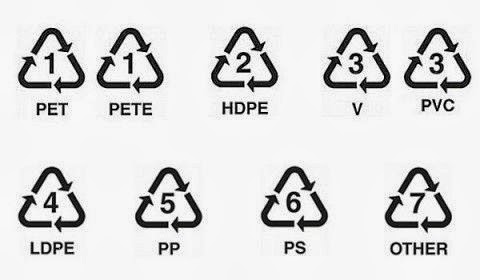Links de la Economía como ciencia
Papers:
Espinosa, Miguel; Rondon, Carlos and Romero, Mauricio (2012): The use of mathematics in economics and its effect on a scholar's academic career. Unpublished.
Abstract
There has been so much debate on the increasing use of formal mathematical methods in Economics. Although there are some studies tackling these issues, those use either a little amount of papers, a small amount of scholars or cover a short period of time. We try to overcome these challenges constructing a database characterizing the main socio demographic and academic output of a survey of 438 scholars divided into three groups: Economics Nobel Prize winners; scholars awarded with at least one of six prestigious recognitions in Economics; and academic faculty randomly selected from the top twenty Economics departments worldwide. Our results provide concrete measures of mathematization in Economics by giving statistical evidence on the increasing trend of number of equations and econometric outputs per article. We also show that for each of these variables there have been four structural breaks and three of them have been increasing ones. Furthermore, we found that the training and use of mathematics has a positive correlation with the probability of winning a Nobel Prize in certain cases. It also appears that being an empirical researcher as measured by the average number of econometrics outputs per paper has a negative correlation with someone's academic career success.
Abstract
In this article, the author argues that simulation is an undervalued technique to draw conclusions about empirical phenomena in economics. If the aim is to learn about the behavior of socioeconomic systems of interest, simulations have a variety of advantages relative to alternatives such as mathematical (pen and paper) modeling and laboratory experimentation. Therefore, the author has a good prima facie reason to exploit this method more fully. The author proceed by demonstrating that frequently heard arguments against simulations are wrong, and finally the author discusses a number of more specific empirical phenomena, criticisms of one type of simulation methodology used in economics.
To critics, the economists’ paper seems to suggest that a country’s poverty could be the result of its citizens’ genetic make-up, and the paper is attracting charges of genetic determinism, and even racism. But the economists say that they have been misunderstood, and are merely using genetics as a proxy for other factors that can drive an economy, such as history and culture. The debate holds cautionary lessons for a nascent field that blends genetics with economics, sometimes called genoeconomics. The work could have real-world pay-offs, such as helping policy-makers to set the right level of immigration to boost the economy, says Enrico Spolaore, an economist at Tufts University near Boston, Massachusetts, who has also used global genetic-diversity data in his research.
But the economists at the forefront of this field clearly need to be prepared for harsh scrutiny of their techniques and conclusions. At the centre of the storm is a 107-page paper by Oded Galor of Brown University in Providence, Rhode Island, and Quamrul Ashraf of Williams College in Williamstown, Massachusetts. It has been peer-reviewed by economists and biologists, and will soon appear in American Economic Review, one of the most prestigious economics journals.


Comentarios